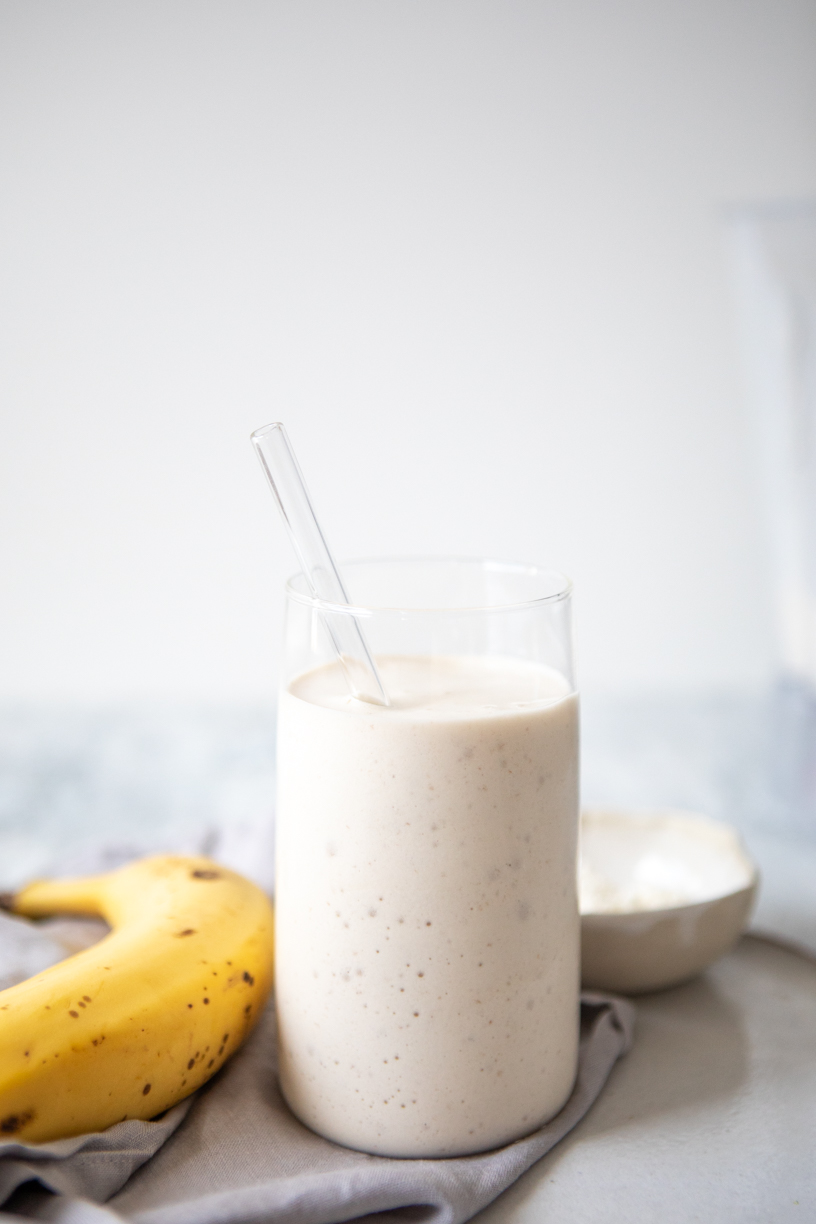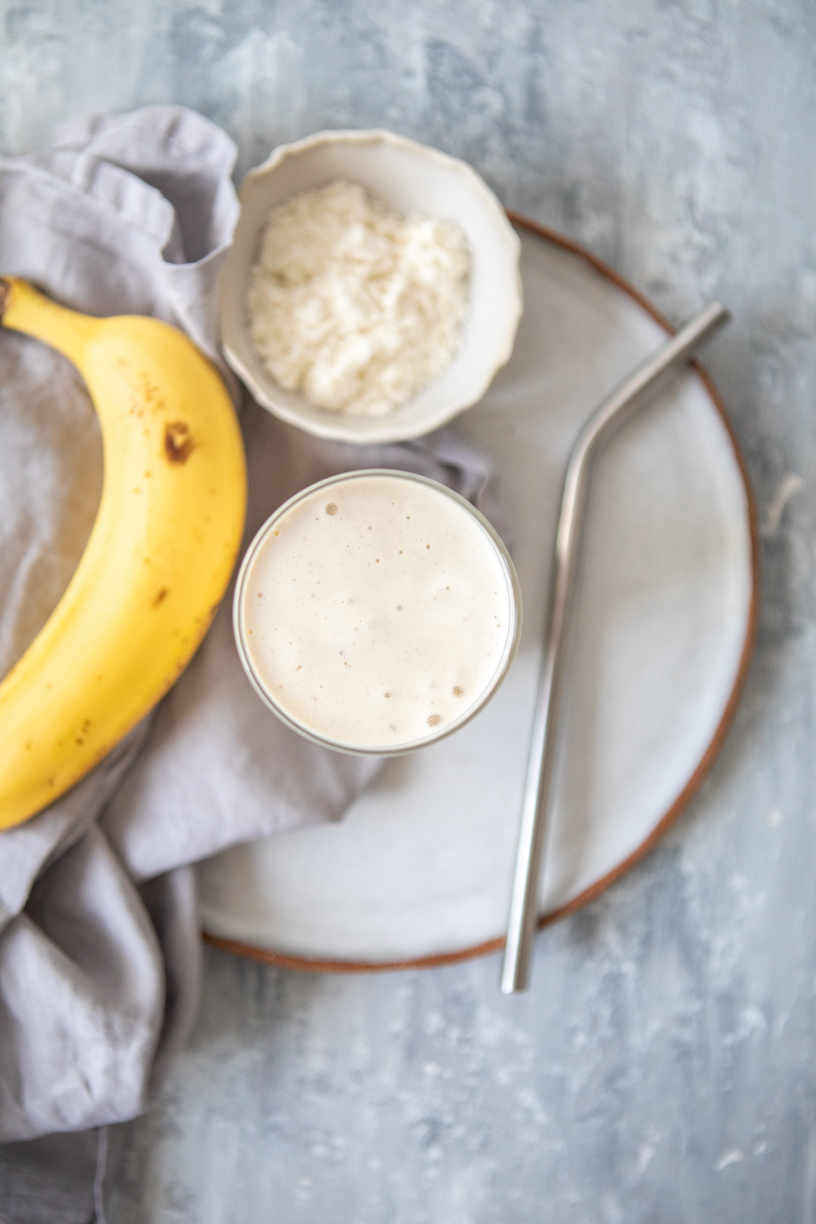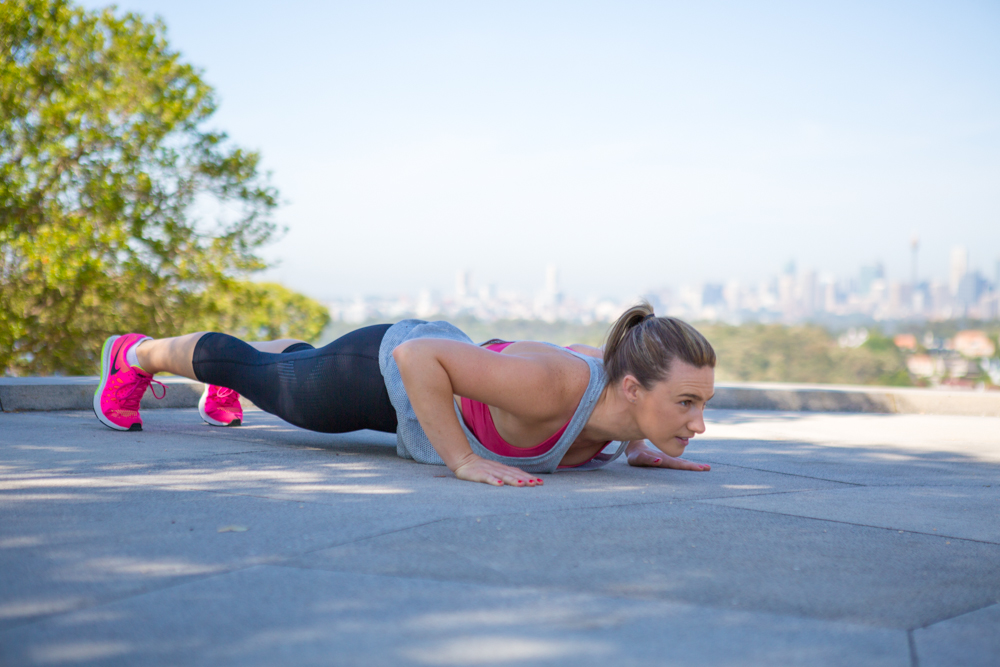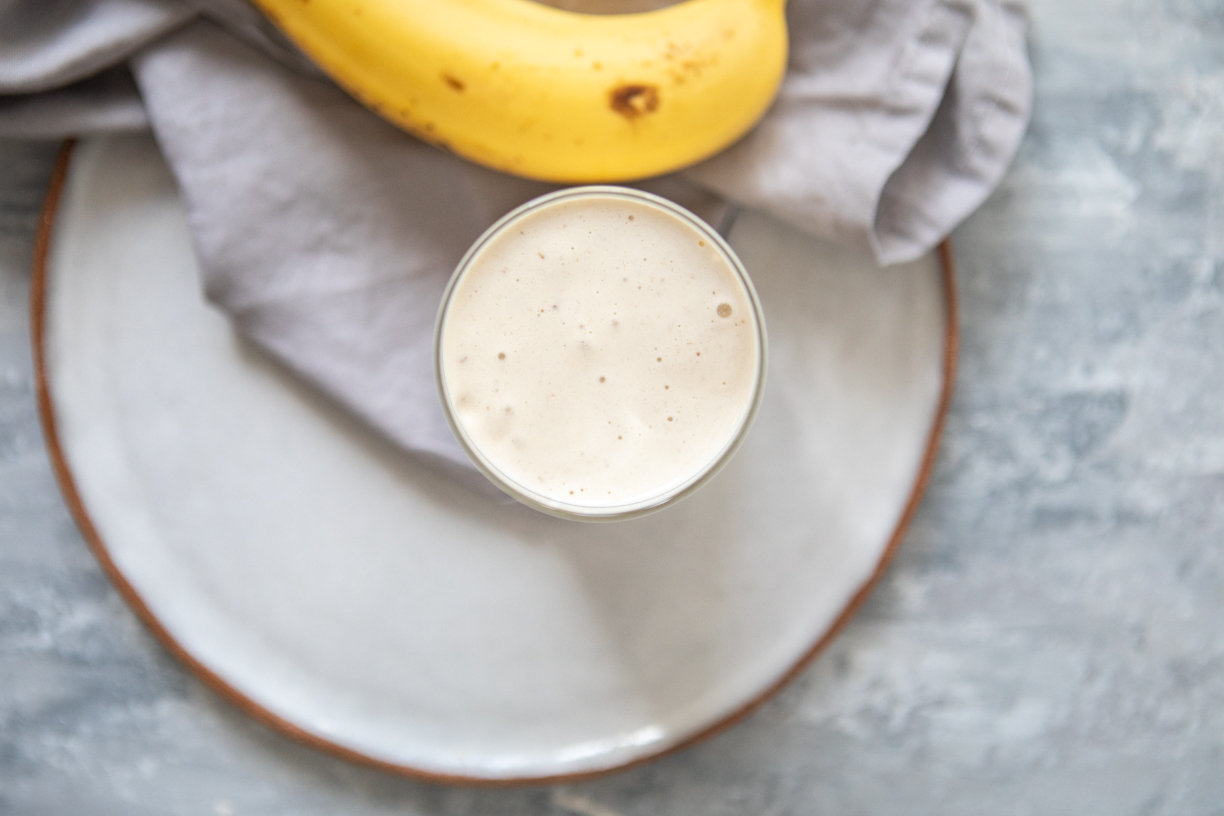When it comes to post-workout nutrition, undoubtedly everyone thinks about protein.
But is that correct? Is it all we need to replenish? And is this the case for all workouts?
Sports Nutrition is both a fascinating and incredibly complex area. New research emerges at a mind-boggling rate. And the media very often cherry picks what it represents to us. This means that I commonly see a whole lot of people who consume unnecessary products and are very confused.
No wonder.
It's a minefield.


Is it all about protein?
In short, no.
And here's why.
Whether you're male or female, your protein requirements don't automatically triple after just one gym workout.
Protein requirements are increased by exercise yes, in part to fuel working muscles and also to support the repair of damaged muscle tissue which occurs when one does resistance training for example. This process is in fact how we build muscle.
However, and where I see most people getting confused on this topic, is that they automatically assume that should they exercise, then they a) require more protein than their usual diet and, b) that a protein powder is required.
When in fact, the overall protein needs of many individuals participating in recreational-level sport (which is most of us BTW), can be met by simply consuming the general recommendations [1].
For adult females that is 0.75g/kg of bodyweight.
For adult males that is 0.84g/kg of bodyweight.
This goes for both pre and post-workout. These above figures are daily protein suggested targets and are very easily reached with a varied diet. For instance 100g of chicken contains roughly 30g protein and 2 large eggs contain approximately 13g protein.
Take a 70kg female who walks for 30 mins at a moderate pace 4-5 times/week. She requires 0.75g x 70kg = 52.5g protein/day. Which is met fairly easily when including all types of foods. Even if one of those walks was substituted for a light-to-moderate weights session, her protein requirements remain unchanged [2].
As well as confusion and over-protein-dosing, I commonly see individuals; particularly women; ignoring another nutrient, crucial to sports nutrition - carbohydrates.
Carbs can be critical to replace the energy that you've just used in exercise (as well as life in general), and to restore muscle glycogen levels. The latter refers to the glucose that we store in our muscles and utilise on-demand.
And like with protein, a light exercise program or recreational sports activity will be covered by general carbohydrate intake recommendations of 3-5g/kg [3] without the need for additional intake.
Consuming this intake will also ensure that you have the optimal amount of fuel that you need to perform well at your sport or chosen exercise, limit your fatigue and recover well. So in short, don't be scared of carbohydrates. The idea that you need to avoid them pre or post workout is unfounded. However you might also not require them. As always, individual needs and advice are recommended over generalised information.

Post-Workout 101
Protein after your workout.
Carbohydrates before and after your workout.
Find my 3-ingredient post-workout smoothie here.
If you engage in more weekly exercise than what's listed above then it's likely you have further increased protein and overall energy demands.
This requirement will differ dependant on your gender, training load, program type, age and the rest of your diet.
It's recommended that you seek individual support in this case to best determine your needs. If you're interested in working with me as a Nutritionist, my clinic details can be found here.
What we do know about protein and sports nutrition research; even for the average Joe among us; is that protein can be utilised following a resistance workout to promote maximal muscle gain.
Key here is post-resistance training and I'd recommend that be under the supervision and guidance of a certified Personal Trainer. Without the resistance, the nutrition is simply extra energy that you may not require.

Maximal protein synthesis (MPS) is promoted when between 20-25g of protein is consumed in one serving up to 60 minutes post-resistance training. MPS is further enhanced when that protein is consumed with carbohydrates [4].
Find my 3-ingredient post-workout smoothie which embraces the MPS factor here.
This is considered optimal sports nutrition and comes from high level research. It's certainly not necessary or required for everyone who does exercise. A smoothie is also not required to stimulate MPS though it does make for a convenient choice! You could go for many other options including Greek yoghurt + fruit and eggs + toast.
And if you happen to be including a meal within the above timeframe post-workout then it may be that having this smoothie is additional nutrition for no reason. However for those struggling with their overall protein intake, on a vegetarian diet and including structured resistance training, this post-workout smoothie could be ideal.
If you're active and follow a varied diet without limitation, you may not have additional nutrition requirements either before or after a workout. However if you're concerned or looking to optimise, get in touch.
References
- Protein, National Health and Medical Council Australia 2014, <https://www.nrv.gov.au/nutrients/protein>.
- Burke, L, Cox, G 2010, The Complete Guide to Food for Sports Performance, pp 50-52, 3rd edn. , Allen & Unwin, Sydney
- Burke, L, Cox, G 2010, The Complete Guide to Food for Sports Performance, pp 47-49, 3rd edn. , Allen & Unwin, Sydney
- Moore, D, Robinson, M, Fry, J, Tang, J et al. 2009,' Ingested protein dose response of muscle and albumin protein synthesis after resistance exercise in young men', American Journal of Clinical Nutrition, vol. 89, pp. 161-168, <https://www.ncbi.nlm.nih.gov/pubmed/19056590>.

